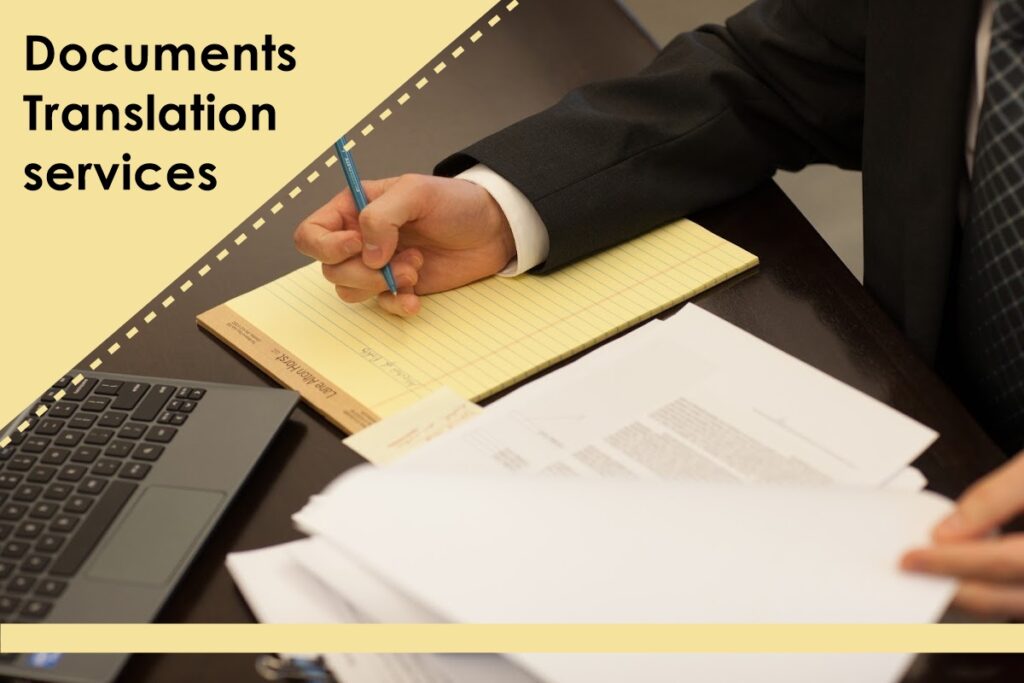The significance of Hebrew is evident that after Israel, the second largest Hebrew-speaking population is residing in the United States, and most of these are engaged with businesses. In some parts of Israel, efforts are underway to reduce the use of only English converter signs to market services in business endeavors.
Table of Contents
This eventually has a spill-over across sectors where Israel’s exports are being made. As in the case of any language of the world, business engagements with individuals speaking foreign languages depend on translations. It can be a legal document (contracts, agreements, etc.), marketing collateral (advertisements, signs, etc.), or publication (product specification, information of services, etc.).
Everything will require translation services for businesses to continue their operations. Here we take a look at how and why to get Hebrew to English converter and its connection with the business operations.
Technical Content
Any content or document containing references or information related to a specific field of business will be termed a technical document. A translator would need to have more skills than just being a native speaker to accurately translate technical content. For instance, information brochures of medical equipment cannot be translated by someone who does not understand (at least) the very basics of the medical field.
This will then get further complex when it comes to a medical report or an article on medical product comparison. Businesses require translation services companies to engage translators who have language expertise, experience, and command of technical terms and experience as well. It cannot be just someone only vetting the machine-assisted translation. It has to be error-free and enriched with technical information in a language that can be understood by target foreign readers.
Commercial Services
Business activities are not just about product development, service delivery, or pricing and sales. It entails dealing with a lot of legal documentation to be able to make transactions and progress. Contracts, policies, notices, and formal correspondence; all make up for legal documentation in a business.
In case businesses originate from Israel, a lot of these require translate hebrew to english. For business partners, suppliers, and clients, basic versions coming out of web sources would not fulfill the requirements in correspondence since it is commonly a literal interpretation of words and does not maintain the flow of the sentence.
Nowadays, many businesses in Israel are taking up the practice of hiring native English speakers in their teams to reduce their costs on translations. But still, when it comes to legal documentation, the legal system and culture of the target country differ from that of Hebrew origin. Even some of the terminologies in the legal system need to be contextualized when taking these to English. Hence, only native speaking skills are not enough to produce a coherent and technically sound translation.
Another approach adopted by Israeli businesses is to have retainer contracts with translation services provider companies. The workflow and volume of content to be translated make it easy to get quality translation work in less time.
Similarly, only translation services companies would be able to provide translations or certification according to ISO1700:2015 standards. These standards are based on certifications, which are unavailable in the case of most translation software.
Using Hebrew to English Converter for Marketing
Just like content required by clients and partners has to be perfectly translated, the material used for advertising and marketing of business needs to be contextualized along with the translations. It cannot be a general translation or interpretation from one language to another; it is a specialized task.
Contrary to the words and terminology, the focus remains on the message in advertising translations. Since advertisements go out widely, it is therefore important that professional sound services are engaged for translations of such material. Companies providing translation services not only get advertising Legal translation Tecom done by native speakers but also engage separate experts in proofreading of content.
This extra level of quality control ensures that text reads out correctly for foreign audiences. Just as companies would do with the material in original languages, advertising content must be tested after the translations again to ensure its compliance.

Financial Impediments
As the effect of advertising is nuanced by the social and financial circumstances of a customer, the same goes for businesses as well. Localization as a business function is getting integrated into the operations of companies that are connecting with larger markets across countries.
Communicating across contexts is a costly requirement for businesses, which gets complex with business growth. A wrong interpretation can result in loss of repute and exposure to legal or industrial harms. Hence, investments in translations spanning across different cultures, disciplines, and industries become mandatory for businesses run by native Hebrew-speaking individuals.
Technology Solutions
The integration of artificial intelligence (AI) in machine-assisted translations (MAT) is getting huge attention in the translation market. Cloud-based translation platforms are rapidly replacing the software used earlier for the same purpose.
The growth of these platforms is based on increasing language data generated from search engines, social networking, and e-commerce sites, and the introduction of neural machine translation algorithms. However, most of these AI-based platforms or enterprise software do not go beyond the translation of 20 common languages.
This is a small portion of the common business languages of the world. Furthermore, for businesses, getting proofreading, editing, and certification from legal translation services online is still a norm, which entails over-the-top costs. And when it comes to recognizing the dialects within languages, technical terms, or forms of the translation, even the most sophisticated machine translation is at a loss.
Recent diplomatic developments gained by Israel mean that businesses operating from the region will need a Hebrew-to-English converter as a business requirement now. Social shifts created by the COVID-19 pandemic also demand even the smallest companies explore new markets online.
Global trade has changed and businesses have to look beyond the established markets as a necessity now. It is not just economics; even maintaining advertising collateral in multiple languages signifies a progressive repute and image among partners, suppliers, vendors, and customers.
Summary
Business translations are required every day for engagements in Hebrew-speaking regions of the world. Communicating and maintaining a relationship with partners, agents, clients, and government bodies; all require a set of formal and informal translated documentation. We capture the ins and outs of Hebrew translations and their connection with the business.






